Description for “STEVIA PLANTS FOR SALE AT REALLY GOOD PRICE”
Stevia is a small perennial herb belonging to the Asteraceae family, in the genus Stevia. Its scientific name is Stevia rebaudiana. Some commonly known names are honey leaf plant, sweet chrysanthemum, sweetleaf stevia, sugarleaf…etc.
Stevia plant grows 2-4 feet in height with slender, branched stems, and flourishes well all over temperate, and some parts of tropical regions. It is being cultivated as commercial crop in Japan, China, Thailand, Paraguay, and Brazil. Today, China is the leading exporter of stevia products.
Stevia plant (Stevia rebaudiana)
Almost all the parts of the plant tastes sweet; however, the sweet glycosides are typically concentrated in its dark-green serrated leaves. The Guarani Indians of Paraguay have used its leaves to sweeten drinks and foods, and employed in various traditional medicines. In the modern times, it is widely used in foods in many parts India, East Asian region and South American countries.
Health benefits of stevia
Stevia herb parts are very low in calories. Parts by parts, its dry leaves are roughly 40 times more sweeter than sugar. This sweet property of sugar in stevia is due to several glycoside compounds including stevioside, steviolbioside, rebaudiosides A-E, and dulcoside.
Stevioside is a non-carbohydrate glycoside compound. Hence, it lacks the properties that sucrose and other carbohydrates hold. Stevia extracts, like rebaudioside-A, are found to be 300 times sweeter than sugar. In contrast to sugar, however, stevia extracts have several unique properties such as long shelf life, high temperature tolerance, non-fermentative and at the same time, being near-zero calorie item.
In addition, stevia plant has many sterols and antioxidant compounds like triterpenes, flavonoids, and tannins. Some of flavonoid polyphenolic anti-oxidant phyto-chemicals present in stevia are kaempferol, quercetin, chlorogenic acid, caffeic acid, isoquercitrin, isosteviol…etc. Studies found that kaempferol can reduce risk of pancreatic cancer by 23% (American journal of epidemiology) [1].
Chlorgenic acid reduces enzymatic conversion of glycogen to glucose in addition to decreasing absorption of glucose in the gut. Thus, it helps reduce blood sugar levels. Lab studies also confirm a reduction in blood glucose levels and an increase in the liver concentrations of glucose-6-phosphate, and of glycogen.
Certain glycosides in stevia extract have been found to dilate blood vessels, increase sodium excretion, and urine output. In effect, stevia, at slightly higher doses than as sweetener, can help lower blood pressure.
Being a non-carbohydrate sweetener, stevia would not favor the growth of Streptococcus mutans bacteria in the mouth which is attributed to be a causative agent of dental caries and tooth cavities. On the other hand, certain compounds in stevia rather found to inhibit caries causing bacteria in the mouth.
In addition, being a herb, stevia contain many vitals minerals, vitamins that are selectively absent in the artificial sweeteners.
Stevia plant uses in traditional medicine
Stevia extract has been in use by native South Americans (where it is known as caa-he-éé or kaa jheéé) to reduce weight; to treat wound infections, inflammatory conditions, swelling in the legs and as a tonic to treat depression.


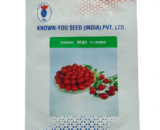
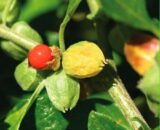
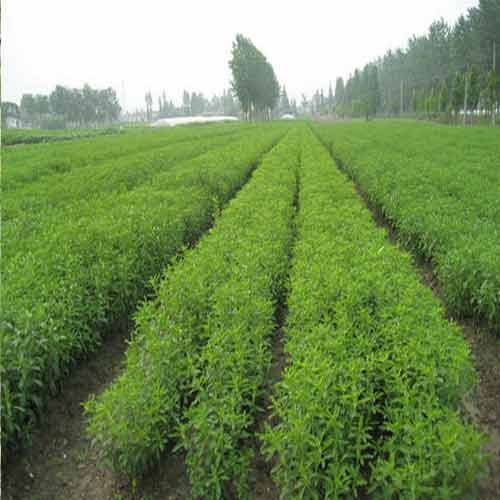
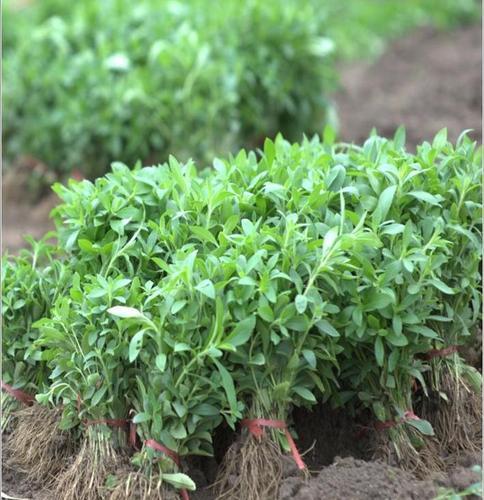
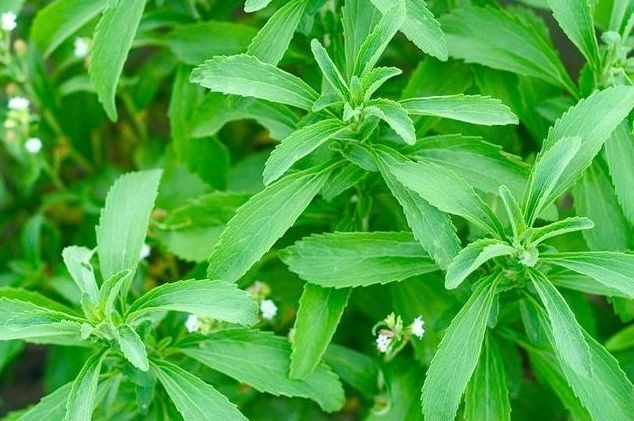
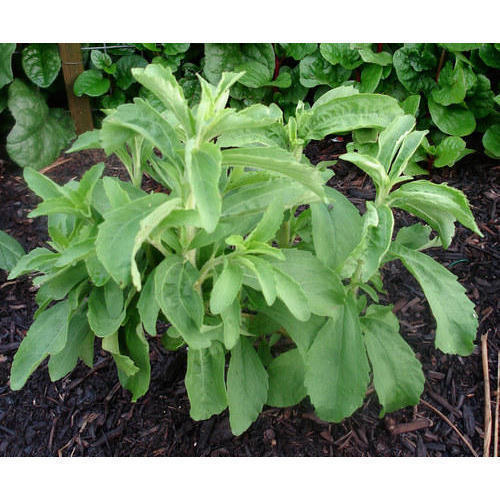
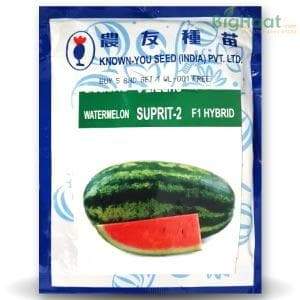
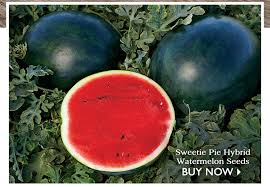
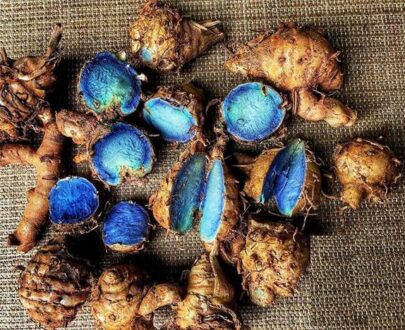

Customer reviews
Reviews
There are no reviews yet.
Write a customer review